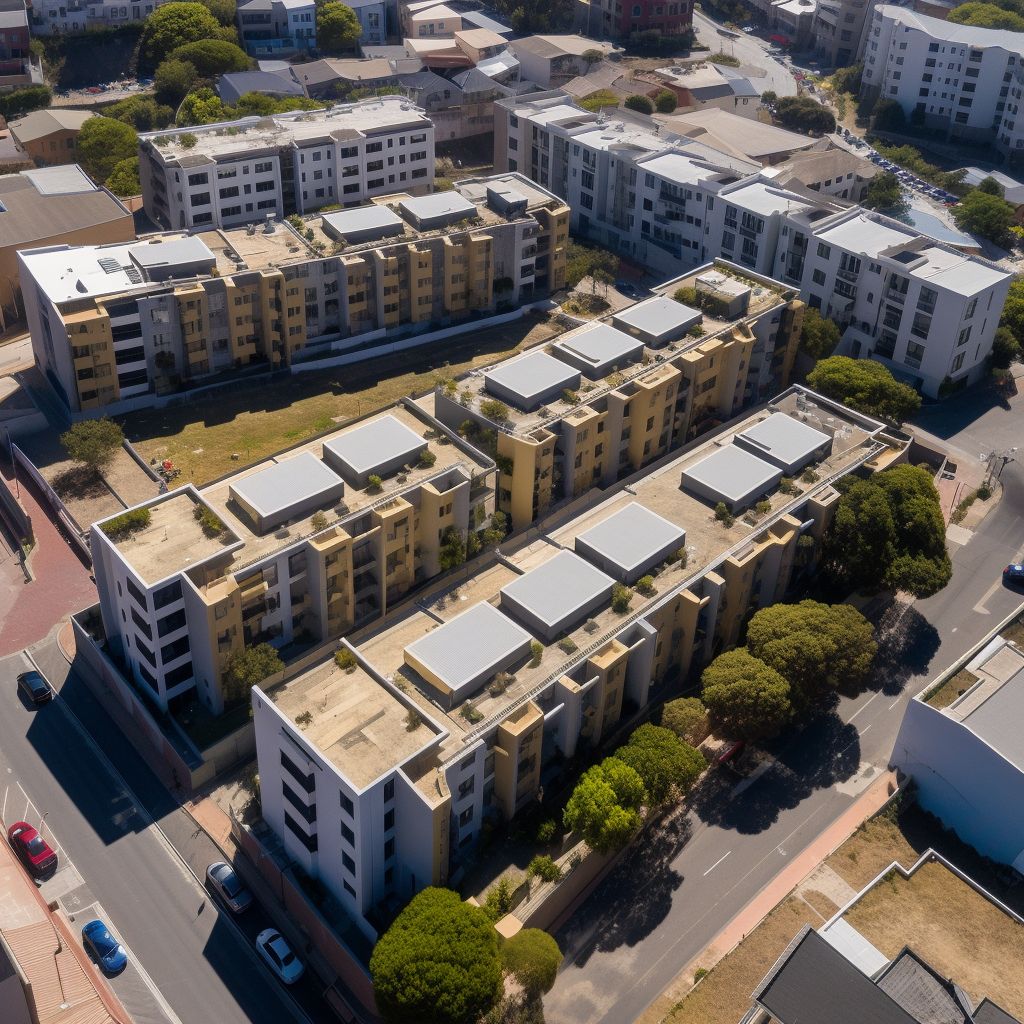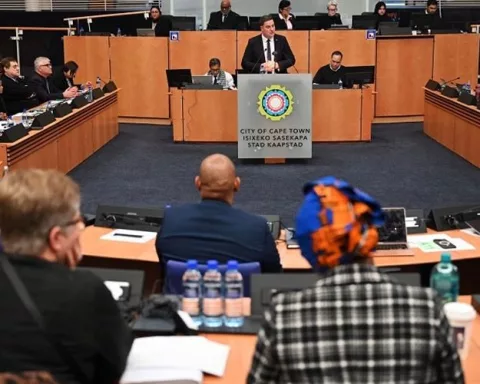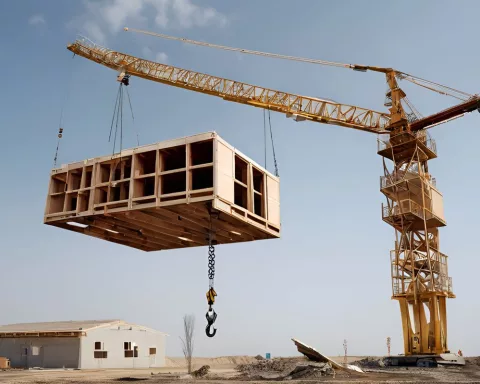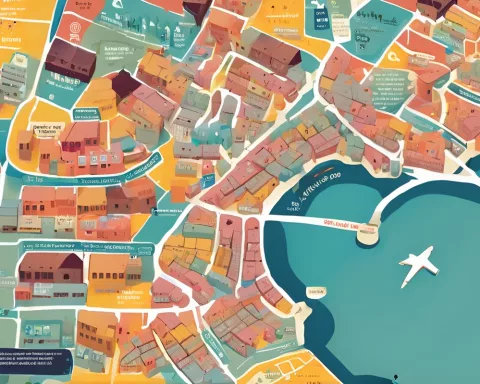The launch of the Maitland Mews Social Housing Project in Cape Town represents a significant development in addressing apartheid spatial planning and supporting the government’s mandate to create jobs and stimulate the economy in South Africa.
Minister Kubayi highlights the crucial role of the social housing sector
During the launch event, Human Settlements Minister Mmamoloko Kubayi emphasized the crucial role of the social housing sector in providing much-needed employment opportunities for designated groups. The Maitland Mews project, located on Voortrekker Road in central Cape Town, serves as an excellent example of initiatives that not only break down apartheid spatial barriers but also offer affordable housing options to citizens.
Modern technologies and strategic location
The Maitland Mews development offers 204 rental opportunities with monthly rents ranging from R722 to R6,475, catering to diverse household incomes from R1,850 to R22,000. The project distinguishes itself by incorporating modern technologies such as fiber internet readiness and solar panels to power geysers, ultimately reducing electricity costs for residents. Additionally, the City’s decision to offer discounts on rates further alleviates the financial burden on tenants and enhances the project’s viability for developers. Its strategic location provides residents with convenient access to vital transportation routes, essential services, and workplaces, which in turn helps to reduce their transportation expenses.
Progress review and the need for intervention
Following the successful launch of Maitland Mews, Minister Kubayi and Deputy Minister Pam Tshwete convened a meeting with MECs from various provinces to review progress reports on grants performance and the overall performance of the sector. The meeting revealed a concerning downward trend in delivery across provinces and metropolitan municipalities, highlighting the need for urgent intervention in areas such as project planning and implementation.
Department of Human Settlements plans for improvement
To address these issues, the Department of Human Settlements plans to deploy a technical team to assess all Metros in terms of project planning, implementation, procurement, project management, and contract management. A subsequent meeting will identify proactive tools to enhance the performance of poorly performing Metros, ensuring they meet their targets and contribute to the sector’s growth. The MINMEC meeting also discussed the need to revise the current developer status accreditation framework, making it clearer and more objective. Provinces with outstanding Implementation Protocols have been directed to finalize them within the next three months. Moreover, the meeting emphasized the importance of adhering to the 30-day payment policy for contractors, a critical issue affecting young black entrepreneurs in the country.
Housing requirements of Military Veterans
Lastly, the meeting stressed the urgent need to address the housing requirements of Military Veterans, particularly those from non-statutory formations. The human settlements cluster, in collaboration with the Department of Military Veterans, reaffirmed their commitment to delivering housing for Military Veterans while focusing on improving the pace and quality of delivery.
The Maitland Mews Social Housing Project serves as a shining example of the type of development required to address South Africa’s historical spatial planning issues, stimulate economic growth, and provide affordable housing opportunities for its citizens. By learning from and replicating similar projects, it is hoped that more progress can be made in tackling the challenges posed by apartheid spatial planning and contributing to a more inclusive and prosperous society.












